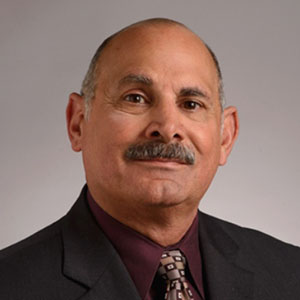
The headlines
Three Police Officers Charged in Fatal Shooting of Child Outside Football Game
[Former Officer] Kim Potter guilty of manslaughter in Daunte Wright’s death
The narrative
There is an increasing number of law enforcement officers (LEO) being prosecuted criminally because of split-second decisions that result in injuries or deaths. The so-called “activists” are demanding more of what they coin “social justice” in the form of punitive action against police officers but, by definition, it’s basically revenge. The rush to judgment against law enforcement is troubling to say the least. Why is this happening? Why are police leaders reticent to speak out in defense of their officers in these situations where the mobs are descending with torches and pitchforks?
Between the lines
The term schadenfreude is defined as deriving satisfaction from seeing others suffer. In other words: it’s an “eye for an eye” perspective. Sadly, we are watching this unfold in real time with the increased penchant for criminal prosecution of law enforcement officers who make errors in the course of their duties. I am not speaking about the abhorrent situations like George Floyd. I am referring to every day calls for service wherein good cops make critical decisions that lead to unfortunate tragic outcomes. In our quest to make sense of this trend, we should take a moment to dissect the basic tenets and purposes of prosecution. Criminals are incarcerated because they make conscious decisions to commit crimes. Officers, on the other hand, are not intent on committing crime. We should not be viewing police officers with the same lens as criminals. Police officers are not criminals yet, in some jurisdictions, they are treated as such.
Now what?
As I gaze into the future, I unfortunately don’t see this situation improving. As more and more jurisdictions elect “social justice” oriented prosecutors, the police will continue to be the misguided targets of their hostilities. As I have previously-opined, I struggle to understand how these same prosecutors can justify reducing sentences and consequences for career criminals, while at the same time vilifying police officers who are just trying to do their jobs. Here is the question I cannot seem to reconcile: if the end goal is to procure better policing particularly in life and death situations, how does the increased prosecution of police officers contribute to safer communities? Do the people pushing these prosecutions believe that other officers will somehow be better as a result of seeing their colleagues persecuted? There is not one shred of empirical evidence to support the theory that prosecuting police officers will make other officers better. To the contrary, such a posture is divisive and debilitating not only to the profession but also to society as a whole. We have seen acute attention placed upon the conduct of the officers, but what about addressing the proximate origin of almost every deadly encounter: resistance. Instead of pressing for more police prosecution, how about trying to encourage the public to cooperate and stop resisting the police? I have yet to see one activist group focus efforts onto educating and discouraging people from fleeing, fighting, shooting, arming and/or resisting. If everyone would cooperate, the number of deadly force situations would plummet. These challenges will not be solved by prosecuting officers. The blend of highly-trained skilled officers, in conjunction with a compliant society, will result in better policing.
The current trajectory will only serve to discourage good people from entering the profession and will embolden the criminals to resist even more. Prosecuting more officers only serves to give pleasure to the anti-police factions. This is classic schadenfreude.






